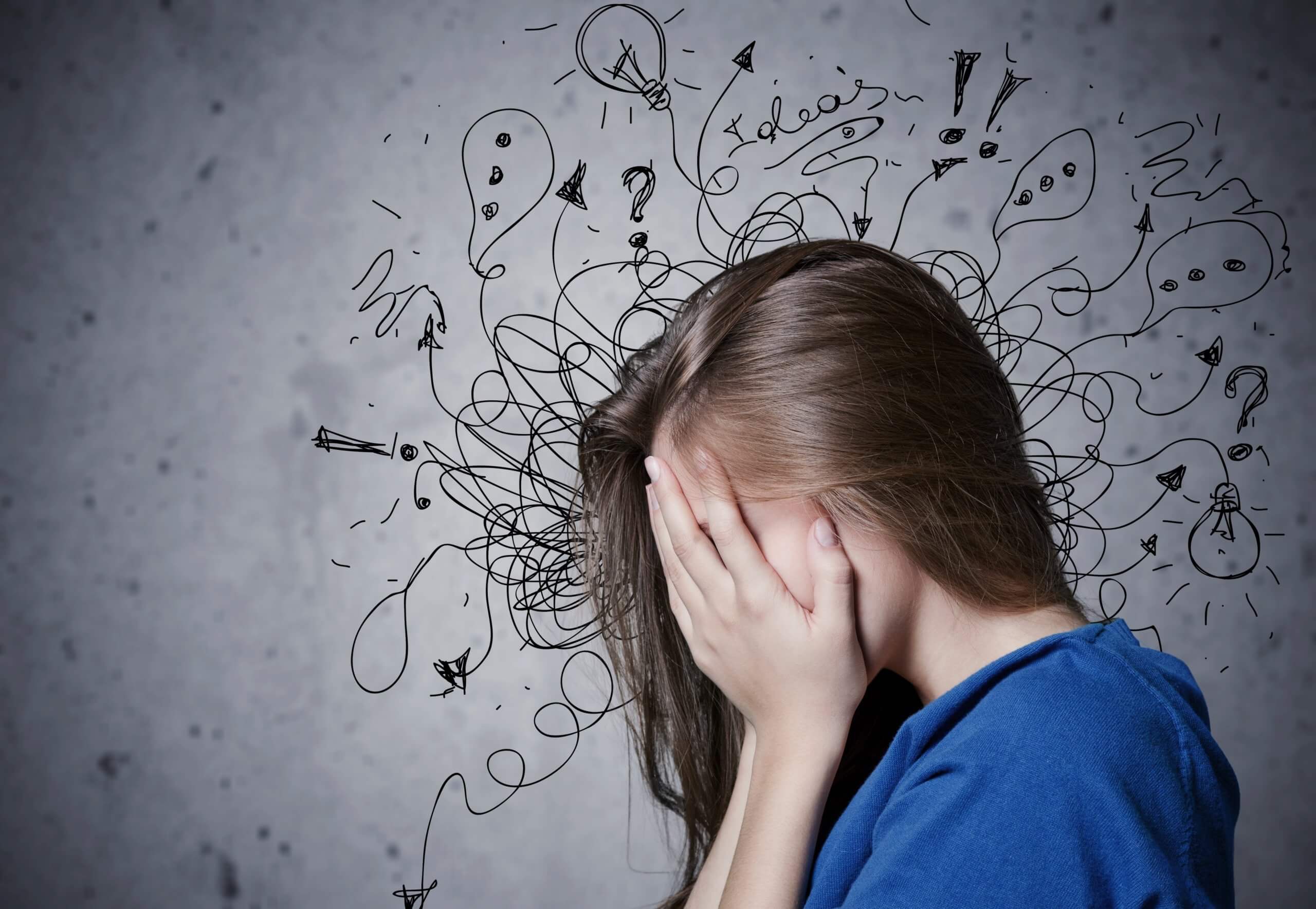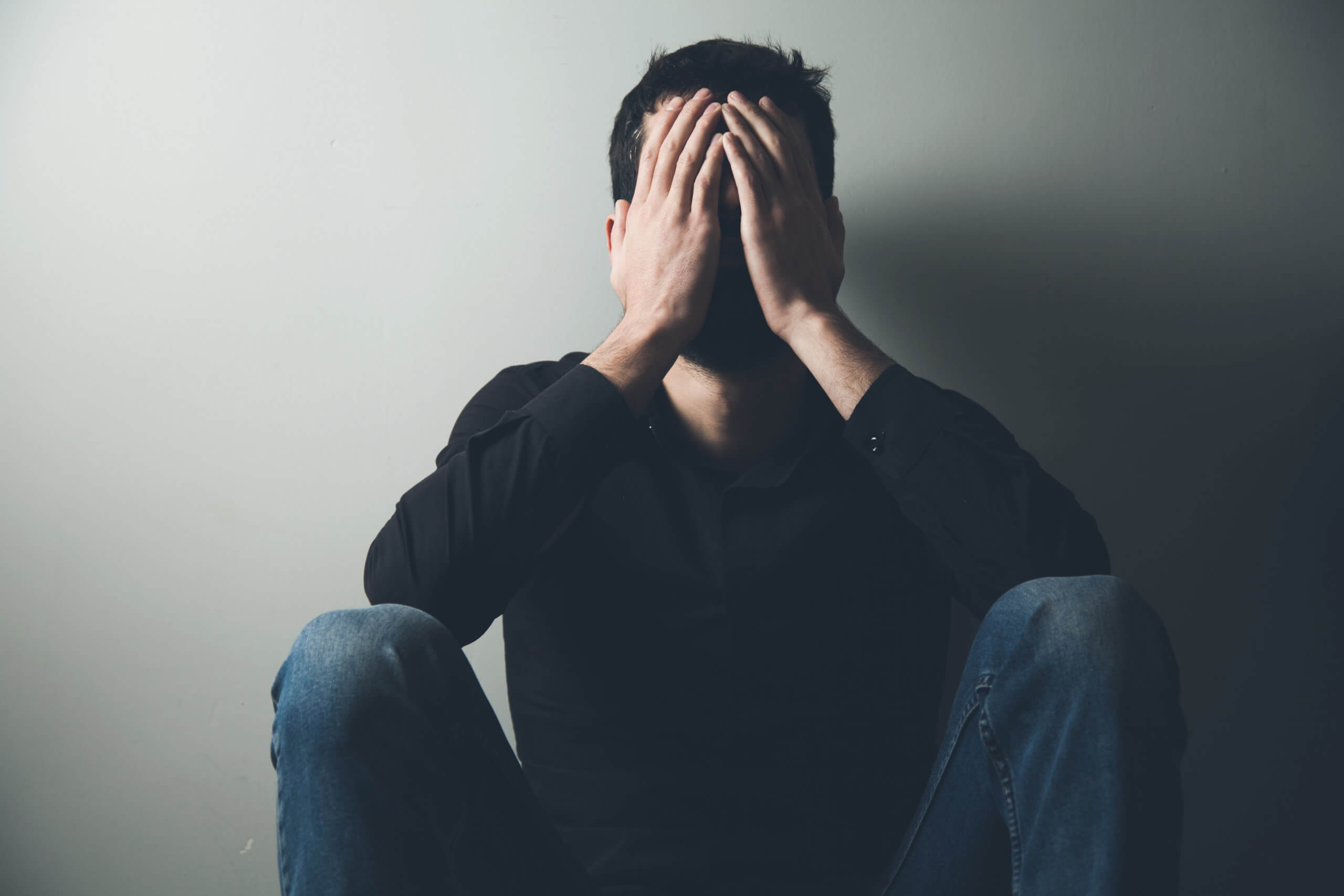Common Mental Health Issues in College Students
Mental Health Issues in College Students
The idea of college being an exciting and pivotal moment in a young adult’s life is a prevalent one in today’s culture, however, mental health issues in college students is a topic that is not talked about enough. College is often our first experience with being away from home, surrounded by people our own age, going to class and forging new, independent relationships. But very few people talk about the potential difficulties of finding yourself away from your support system, and the stress that academic goals can cause.
Many different studies have found that young adulthood is the most common period for people to experience problems with their mental health. Research from the National Institute on Mental Health (NIMH) has found that 75 percent of people with a mental illness begin experiencing symptoms before the age of 24. An estimated 29 percent of all college students have at least one diagnosable mental health condition, the highest of any age group. Yet only about 39 percent of these young people sought help for their symptoms – the lowest of any age group.
The Most Common Mental Health Issues in College Students
While many mental health conditions share indicators, they also typically have at least a few symptoms that are unique. Whether you are the parent or relative of a college student, or are a college student yourself, paying attention to behaviors and habits can help alert you to potential mental health issues in college. The issues that currently pose the highest risk to mental health in college students include ADHD, anxiety disorders, bipolar disorder, eating disorders, and depression.
Mental Health Issues In College Students Affect Success
Mental health issues in college students doesn’t just affect their behaviors and habits; it also increases the chances of dropping out. Untreated mental health symptoms can lead to many debilitating side effects, from chronic aches and pains to feelings of isolation, and even frequent absences from class. A study conducted by the American Psychological Association found that about 86 percent of students with an untreated mental illness left school without completing their degrees.
Mental Health Treatment for College Students at Launch Centers
You do not have to let mental health issues affect your ability to be successful in college – there are many different ways that you can seek help. All college campuses have resources for students who are struggling with their mental health. You may even be able to get accommodations that will help you to cope with classwork while having your mental health issues treated. This can include things like preferred seating, separate exam rooms, extra breaks during class, deadline extensions, and more.
If you are experiencing the negative effects of mental illness, and your on-campus resources are not working for you, contact us today. At Launch Centers, our goal is to empower young adults with our holistic mental health services. No matter what your symptoms, we can help by diagnosing your illness and recommending appropriate treatment – all so that you can get back to feeling like your old self once again.






